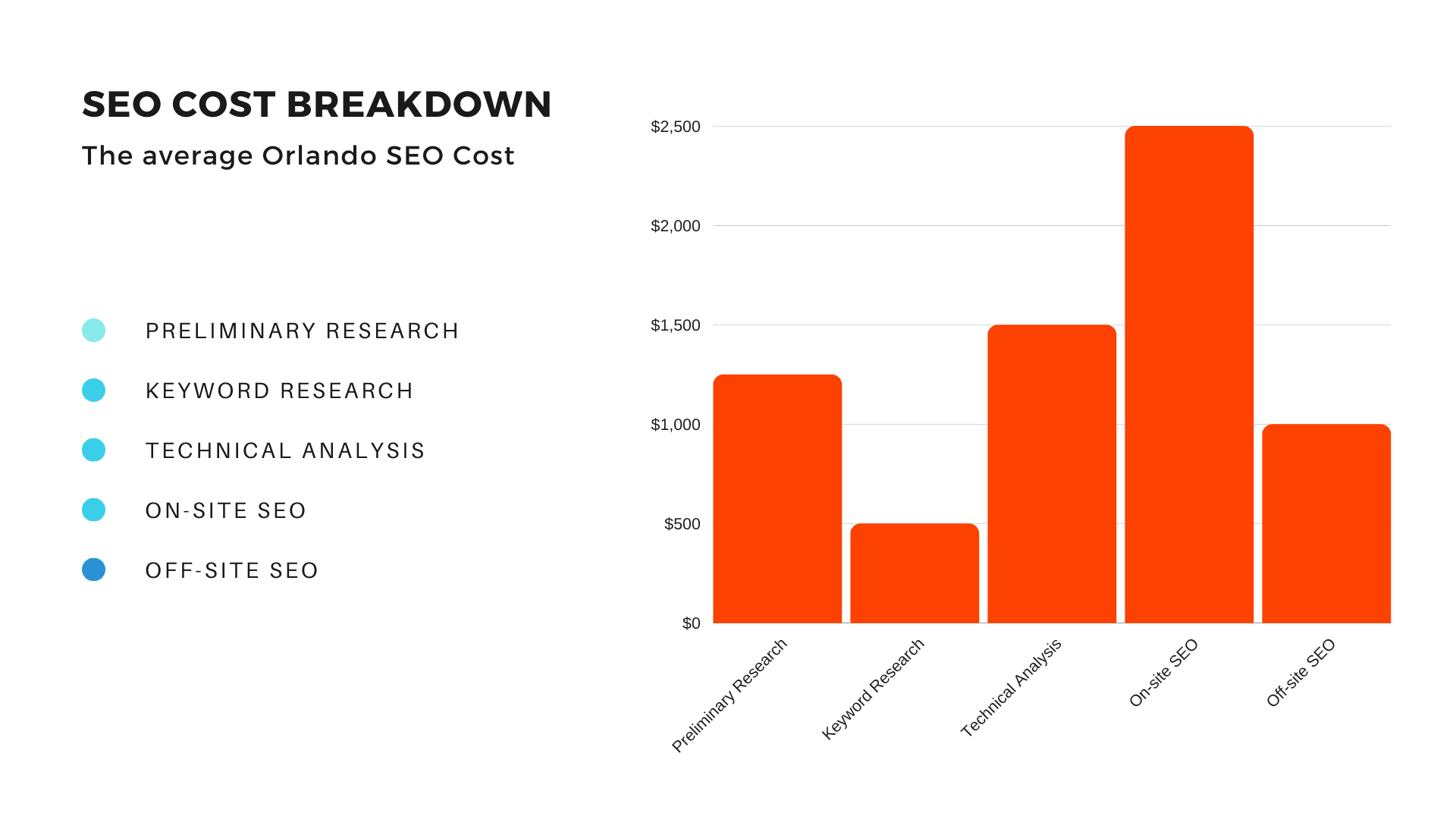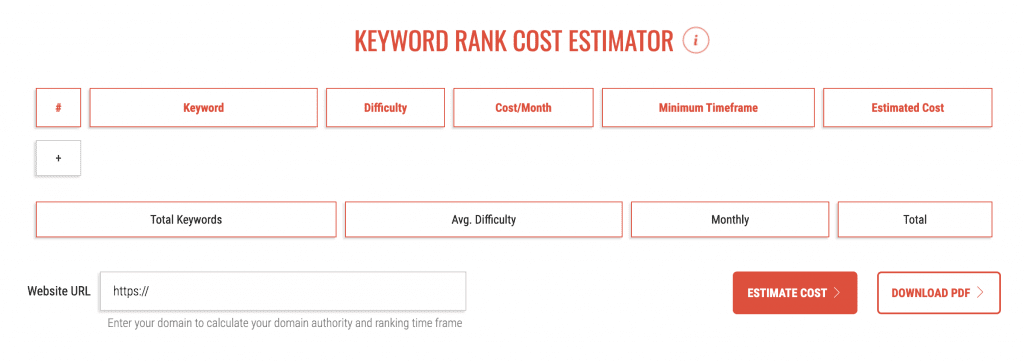Search engines are arguably the backbone of our online activities and communities. They maximize our experience by presenting us with the content most relevant to what we research. As search engine giants such as Google and Bing improve their products, they come with a lot more features, and this calls for more attention. Unfortunately, most websites aren’t optimized well enough and suffer from low visibility and site traffic. With Google increasing its search ranking parameters, there are now over 200 factors that determine any website’s listing. It has become essential for businesses and individuals to know how search engine work and how to make it easier for users to find their content as they prowl the internet.
Search engine optimization services are a blazing torch in the dark for businesses and individuals who need to grow their site traffic and sales. It is not an exact science, but the strategies you use determine how much growth you observe over time. Yes, that’s right- site traffic grows organically, little by little, and increases with time as more content and exposure follows. However, it takes a considerable amount of time, labor, and research to optimize any website thoroughly, and this comes at a cost. For anyone new to SEO, this article seeks to break down the chunks that make up a well-optimized website and how to budget for it.
Why would you want to optimize your site?
Google’s analytical tools revealed that most people clicked on the first-page search results ten times more than the results on the second and consecutive pages combined. This means that search items on the first page would be far more likely to draw attention than the rest. For businesses and individual content developers, your content needs to show up on the first page. Achieving a high ranking guarantees a higher likelihood of drawing more site traffic and even more sales for your business. Here is a breakdown of what you need to pay attention to:
- Preliminary research
- Technical Analysis
- Keyword research
- On-site SEO
- Off-site SEO
- EO Budgeting
Preliminary Research
Preliminary research goes into finding out what is on your site. This checklist’s the content you have and finds out the best way to select relevant markers for optimizing your website. It includes the topics of your content, the types of media present, and comparing other competing sites with similar content. The point of SEO is to stand out from the immediate competition, making your content unique. If you have good content, anyone with related material can outrank you if they are better organized for web crawlers to find. The research done dives into the specific market of the website and the audience it is trying to reach. This step takes in a lot of factors and is one of the priciest considerations of your budget.
Also visit our page on: Orlando SEO Services
Technical Analysis
This involves improving the way Google or other search engines rank your site. Some of the sticking points are:
- (i) fixing “crawl errors” which prevent Google rom from viewing a page on your website. If it can’t view your site, it cannot be ranked well
- (ii) finding out whether Google can fully access your site
- (iii) optimizing your site to be mobile friendly so it is easily viewable from mobile, tablets and desktop devices
- (iv) fixing broken links. Broken links can significantly injure your SEO ranking because users and Google will have a hard time reaching your site; this can cause a drastic decline in web traffic and sales.
- (v) securing your site with HTTPS encryption protects your data and users from malicious programs and trackers on the internet. It is also an excellent ranking signal since it provides a secure connection with Google.
- (vi) optimizing page load speeds. If your sites take long to load, chances are it will rank poorly on Google’s listing. Additionally, users will have a harder time navigating your site. Web traffic and sales may also suffer if your page load speed is not optimized.
Some technical SEO tools can be found here.
Keyword Research
Keyword research is the primary way of tagging your site content for easy retrieval by search engines. The keywords used should target the frequently used search terms relevant to your content. The more they are, the easier it is to find your work. The position of the keyword also affects its ranking; keywords placed earlier in the URL are highly ranked.
However, it is essential to remember to keep the URL short because shorter URLs are easier to find and obviously rank higher.
On-Site SEO
This involves the optimization of site content for users and search engines. It includes optimizing title tags, internal links, and URLs. Some examples are:
- Including keywords in the URL.
- using short URLs.
- using the keywords at the front of the title tag ranks it higher.
- embed title tag modifiers; these are words or phrases that when used rank your page on long-tail keywords even with a short title tag
- using keywords on sub-headers in your site content improves the process since Google also searches for keywords in header tags. Additionally, optimizing images improves listings because Google is still bad at reading images. Good title tags for your images are essential, as well as alternative text describing what is in the picture helps to identify the images and media in your site content.
- Using synonyms and keywords that would be relevant to search items. When Google presents search results, it also looks for synonyms of the primary keyword and other keywords that go along with it.
- Using internal and external links. Internal links connect content on one webpage to another page on your site. External links connect the content on another website to your webpage, for example, social media shares may link to your webpage.
Off-Site SEO
Off-site SEO deals with improving a site’s ranking on search engine results pages through promotion techniques like building external and internal links, social media marketing, and brand promotions. Its prime task is establishing links to external sites that cite your webpage as additional source content. This can draw more traffic to your website, especially if the external sites receive lots of traffic. You may then find many more interactions with your content without individual marketing efforts.
SEO Budgeting
So, how much should SEO cost? There are several different packages available from SEO providers in Orlando. These depend on the size of the website, degree of optimization, and the scale of optimization it requires. Some sites need constant maintenance and optimization, while some require minimal attention. The degree of optimization considers the amount done on research, technical analysis, keyword, link building, and on and off-site maintenance. Webstores need more optimization than personal blogs to maximize traffic and sales; therefore, they need more exhaustive packages. And lastly, the scale of optimization involves the geographic reach of your websites. Google organizes websites and businesses locally in Orlando , then regionally among nearby cities and states , nationally, and finally globally. SEO providers have packages available for optimization from a local scale (businesses around your town/city) to a global scale.
The pricing of SEO services varies depending on your provider, but the cost is calculated based on the standard agency hourly rate. Web Daytona’s standard rate is about $125/hr. Based on that, the overall budget now depends on the time and research needed for quality finishes. The table below demonstrates the average spread of time and cost.

| Item | Time (hrs.) | Cost ($125/hr.) |
| Preliminary Research | 10 | $1,250 |
| Keyword Research | 4 | $500 |
| Technical Analysis | 6 | $1,500 |
| On-site SEO | 20 | $2,500 |
| Off-site SEO | 8 | $1,000 |
| Total 48 | 48 | $6,750 |
The table above is for hourly consulting packages at Web Daytona, which vary greatly based on the amount of time spent (usually its $100-$300 per hour for most SEO providers). However, fixed charge packages come in the range of $3000- $5000 during the first month. Subsequent months cost about $1000- $2000 for ongoing monthly maintenance. Alternatively, anyone can learn how to become an expert on their own with lots of free practical advice and learning material online.
What does SEO cost in 2021?
Alternatively, you can use Web Daytona Keyword Rank Cost estimator to get an accurate cost to rank a list of keywords. This SEO tool creates an even playing field for both business owners and digital marketing experts. Each person is informed and educated in the process of where these estimations have come from and why by giving more individualized and reliable results.
The Keyword Rank Cost Estimator
Traditional keyword research can take up valuable time and energy. Not only is this a mundane task, but it takes experience and knowledge to create an effective proposal consisting of a specific timeline and cost estimation. If you are not well-versed in using traditional keyword research tools, it can feel overwhelming and ineffective use of your time.
Instead, the Keyword Rank Cost Estimator tool uses up-to-date data from SEMrush to create a proposal with informative estimations regarding a timeframe and cost. Let’s break down this tool to gain a better understanding of how the results are calculated. Continue reading



